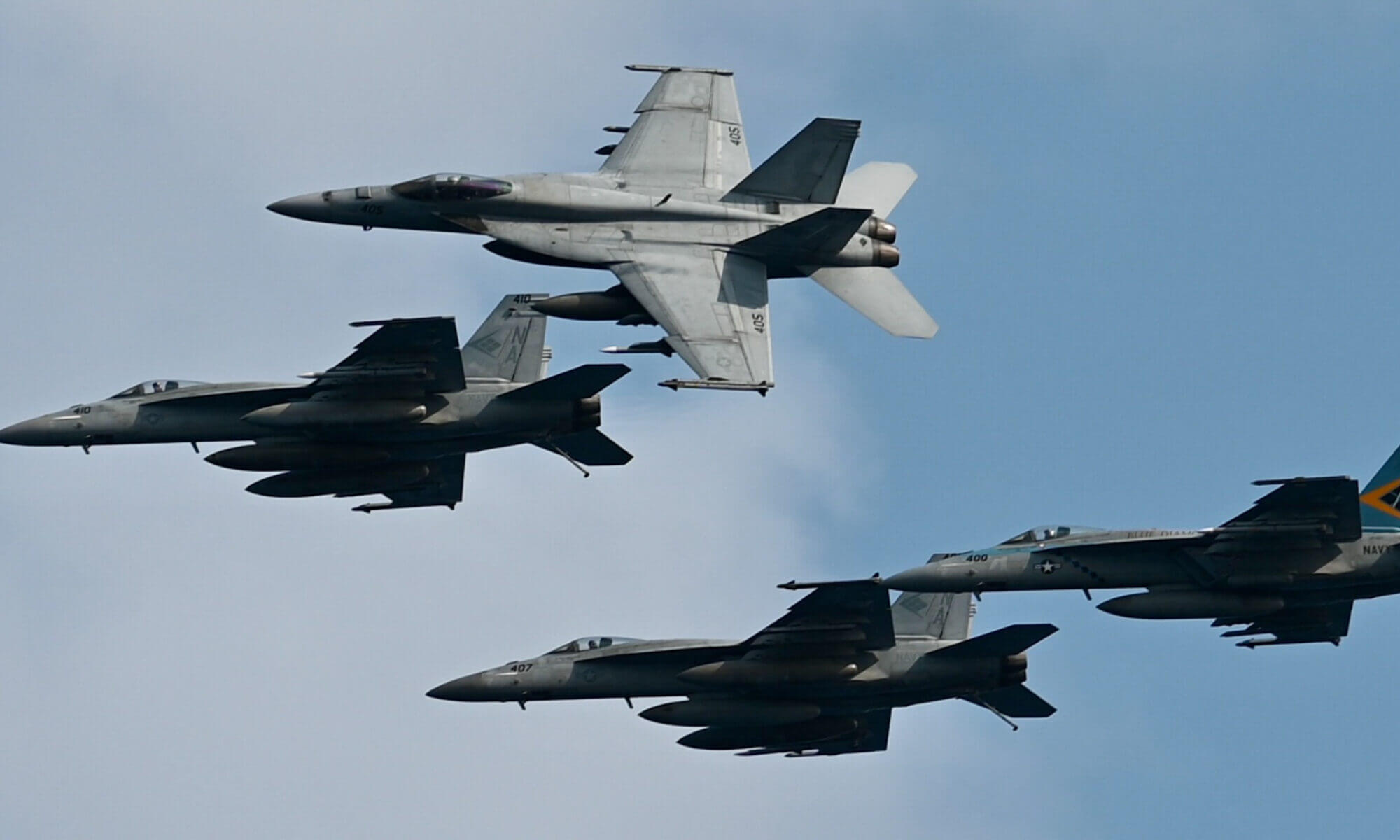
Introduction
The Importance of a Strong Maritime Presence

The recent actions in the Red Sea underscore the indispensable role of naval power in ensuring the security of international waterways. The coalition’s efforts to disrupt Houthi capabilities demonstrate the importance of maintaining a formidable maritime presence to protect global trade routes and uphold international maritime law.
The Need for a Stronger Navy
The challenges faced in the Red Sea highlight the ongoing need for a stronger navy, capable of projecting power, deterring aggression, and safeguarding the principles of freedom of navigation upon which global commerce depends. A robust U.S. naval force is not just a pillar of national defense; it’s a cornerstone of global stability and economic prosperity.
Why This Matters
The Red Sea is a strategic chokepoint in global trade, connecting the Mediterranean Sea through the Suez Canal to the Indian Ocean via the Bab el-Mandeb Strait. Any disruption in this area can have significant repercussions on global trade, energy supplies, and economic stability. The recent increase in Houthi attacks on commercial and naval vessels not only poses a direct threat to those at sea but also undermines international maritime law and global security.
Joint International Response
In a concerted effort to protect shipping in the Red Sea and Gulf of Aden, the U.S. and the U.K., alongside Australia, Bahrain, Denmark, Canada, the Netherlands, New Zealand, and the United Kingdom, executed precision strikes on 36 Houthi targets across 13 locations in Yemen. This action was a direct response to over 30 attacks by the Houthis on maritime vessels since mid-November.
Targeted Strikes for Maritime Security
The coalition’s strikes focused on degrading the Houthis’ ability to launch further attacks, targeting their weapons storage, missile systems, launchers, air defense systems, and radars. These measures are crucial for disrupting the Houthis’ capabilities, thereby ensuring the safety of international and commercial vessels traversing the Red Sea.
Ensuring Freedom of Navigation
The importance of these operations extends beyond immediate security concerns, aiming to preserve the principle of freedom of navigation. The recent actions, including the defensive strike against a Houthi anti-ship cruise missile and the engagement of unmanned aerial vehicles (UAVs) by U.S. forces, underscore the coalition’s commitment to maintaining open and safe international waterways.
Why Americans Should Care
The security of the Red Sea affects not just regional stability but also has direct implications for the United States. A significant portion of global trade, including energy supplies, passes through this region. Ensuring its security directly supports the U.S. economy and global standing. Moreover, these operations highlight the value of international partnerships and the U.S.’s role in leading and supporting global security initiatives.
Conclusion
The recent coalition strikes against Houthi targets in Yemen represent a critical step in ensuring the security of the Red Sea and, by extension, the stability of global trade routes. It is a stark reminder of the importance of naval power and international cooperation in addressing global challenges. As Americans, recognizing and supporting our nation’s efforts in these endeavors is essential for our national and economic security.

